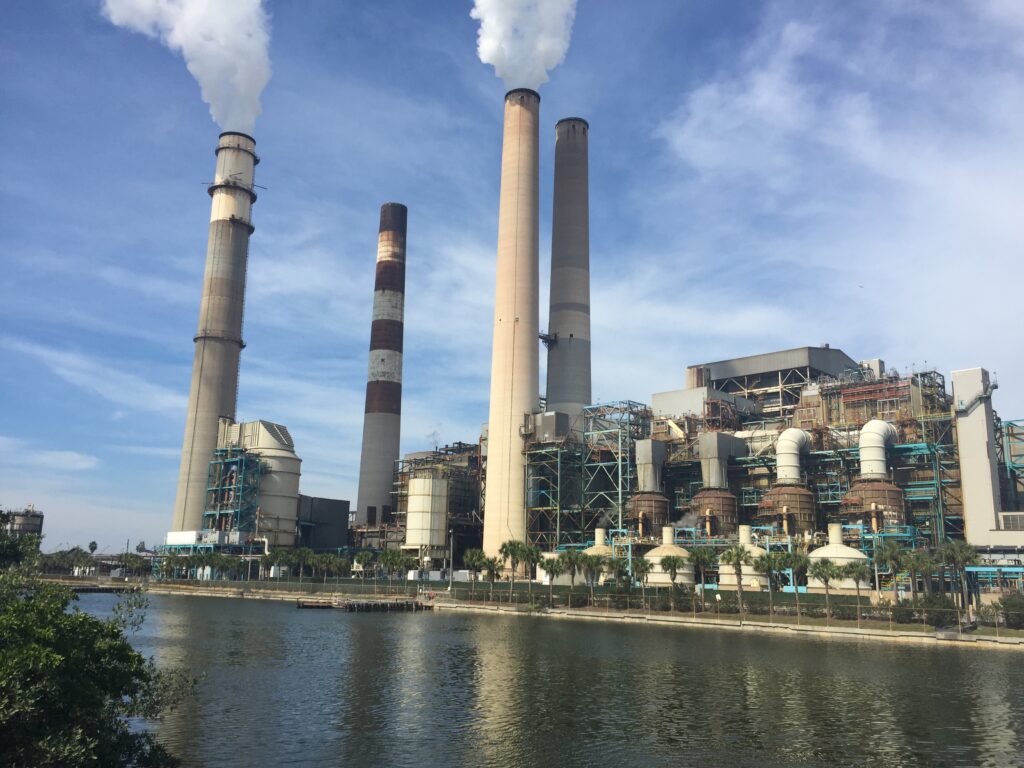A roundup of news items related to climate change and other environmental issues in Florida:
Florida regulators balk at EPA’s plan to cut down power plant emissions | News Service of Florida

Florida utility regulators and other industry officials are objecting to a federal proposal aimed at reducing greenhouse-gas emissions from power plants, arguing the changes could drive up costs for consumers and hurt the reliability of the state’s electric system.
The Florida Public Service Commission on Tuesday approved sending a document to the U.S. Environmental Protection Agency raising concerns that the proposed rule could “result in unjust, unreasonable, and excessively costly carbon emissions performance standards that would risk the safety, reliability and affordability of electric service in Florida.”
Officials from the Florida Municipal Power Agency, an electricity wholesaler for municipal utilities, and the Florida Reliability Coordinating Council, which works on energy planning, said their organizations also have sent concerns to the EPA.
Tampa Bay area’s July heat made 4 times more likely by climate change: study | WFLA News Channel 8
According to the Tampa National Weather Service, it was the hottest July on record in the Tampa Bay area, including the cities of Tampa, Plant City, Lakeland, Sarasota and Brooksville, with average temperatures of 2.5 to 4 degrees Fahrenheit above normal.
On Wednesday, a new study by Climate Central, a Princeton-based non-profit, found it’s not a coincidence, it’s climate change.
Across Florida, most cities experienced one of, if not their hottest Julys on record. Expanding further out that same fact is true for much of the U.S. South, a big chunk of the Northern Hemisphere and the globe as a whole.
Save it or lose it: As seagrass vanishes, a mass death of marine life and a brown-water future | Sun Sentinel
In the timescale of ecosystems, the collapse of Florida’s seagrass has been sudden, severe and nearly simultaneous.
A tragic consequence unfolded in 2021 and 2022, when about 2,000 manatees, or a quarter of the population in Florida, died. Most of the sea cows died in the Indian River Lagoon. And most died of starvation as their main food source, seagrass, had nearly vanished.
The vanishing seagrass fits a familiar recent pattern: Between 2011 and 2016, all five of Florida’s major estuaries, including the Indian River Lagoon on the east coast and Tampa Bay on the west coast, suddenly began to suffer seagrass die-offs. It’s unclear whether seagrass can survive what Florida has become in the 21st century. What has changed is the heat and the impact of humanity.
If you have any news items of note that you think we should include in our next roundup, please email The Invading Sea Editor Nathan Crabbe at ncrabbe@fau.edu. Sign up for The Invading Sea newsletter by visiting here.



